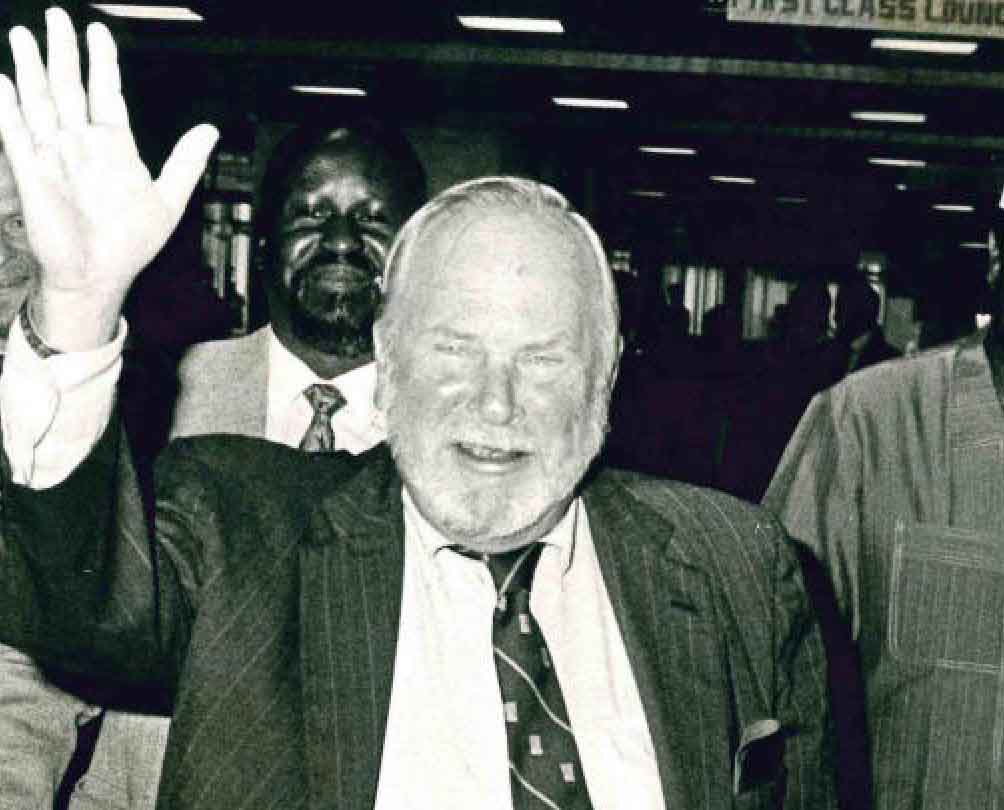×
The Standard e-Paper
Fearless, Trusted News

Mr Smith Hempstone bidding farewell to Kenyans at the JKIA in 1993 [File]
Last week’s decision by the International Court of Justice to hand over a section of Kenya’s territorial waters to Somalia raises four disturbing questions: Why did the court ignore rules of natural justice when it allowed a judge who has previously taken a biased position on the matter be on the bench that heard the case?